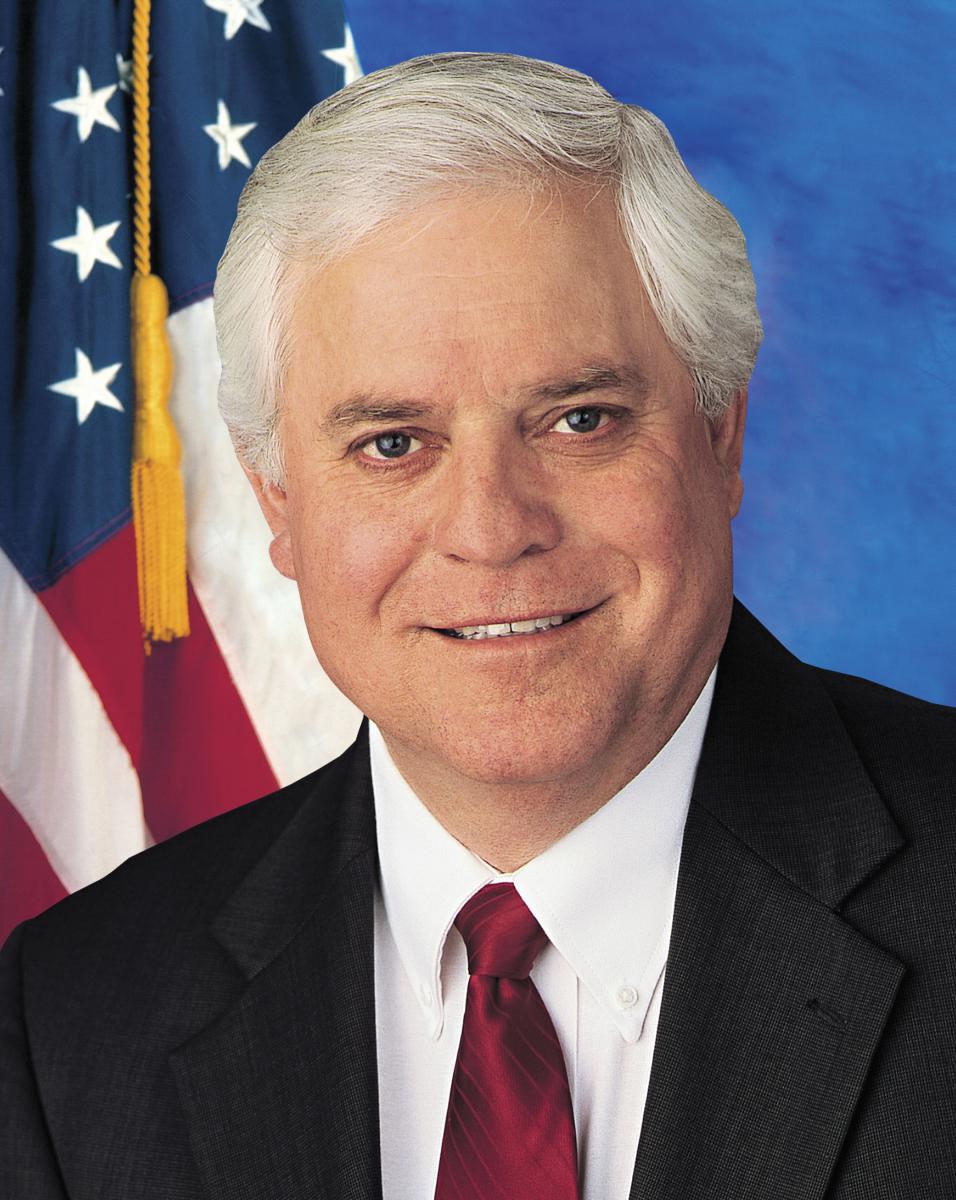Even now, five years out of office, former U.S. Rep. Lincoln Davis hears the complaints.
All the good jobs are gone. Health-care costs are too high, and it’s Obama’s fault, or the insurers’, or maybe it’s the CEO, with a gold-plated pull-toggle on his retirement parachute. What does he care about us?
 “There is a lot of frustration out there,” says Davis, a Tennessee Democrat who left Congress in 2011. “It’s palpable, particularly among the factory workers. They’re worried about where their next job will come from.”
“There is a lot of frustration out there,” says Davis, a Tennessee Democrat who left Congress in 2011. “It’s palpable, particularly among the factory workers. They’re worried about where their next job will come from.”
Students feel it, too. Davis talked with several when he visited Penn State Behrend for two days as part of the Congress to Campus program, which promotes civic literacy and voter participation. Here, he discusses some of the key themes from those sessions, including his public talk, “Civility in Politics and the 2016 Election,” where he addressed the importance of voting:
Many of our students will soon cast their first vote for president. What’s at stake for them in this election?
It’s not important to me that students vote. I’m 73, so I’ll be fine. My Medicare’s going to come until I die.
This election is important to them, however. It’s the most important yet in their lifetimes. It’s also a unique election, in the way the parameters were set up. The Democrats have always had hotly contested primaries, but we didn’t get that this time. Hillary Clinton was, from the start, presumed to be the Democratic nominee. She wasn’t roughed up in the primary.
Look at the candidates on the Republican side. You had nine current or former governors, each of whom had a record of success. You had five U.S. senators. The voters didn’t want them. They chose a candidate who has no experience whatsoever in governance. They see that as a strength.
Is it?
We have no idea what Donald Trump would do as president. Some folks are quite all right with that. They’re tired of all the discord. They’re frustrated that nothing is getting done. They see him as someone who can change the system.
You first went to Washington in 2003. Was this sense of entrenched partisanship already in place then?
There has always been an element of “gotcha” politics in Washington. Every year that I was in Congress, when the Republicans had control of the chamber, three or four votes were offered to define marriage as being between a man and a woman. The law wasn’t going to change, but we had to keep voting on it anyway.
In the Democrat-led years, it went the other way, with votes to expand civil rights. Both efforts were designed entirely to put lawmakers on the spot, and to provide leverage for the next campaign. There was gamesmanship on both sides of the aisle. That was, and still is, somewhat repulsive.
Many voters are put off by that. What do you say to students who are so frustrated by the process, or by the candidates at the top of the ballot, that they might not vote at all?
It frightens me that we have people who are eligible to vote and do not. In 2003, after we had invaded Iraq, a fourth-grader said to me, ‘Do you really believe we can take democracy to Iraq?’ I was taken aback. I didn’t have an easy answer for her. I said to her, ‘I don’t know. I hope so, but I just don’t know.’ You don’t give a democracy. You seek one. You build it for yourself. The best way you do that is by participating. That means you vote.
There are two very different people running for president this year. They are not the same. What they say they want to do, and their vision for America – it’s different. It really is. If you don’t seek out the policies of each of these candidates and see for yourself what they say, and then choose one who conforms more to what you believe should be done in our country, then you really are an uninformed voter. And if you’re going to college, you really shouldn’t be uninformed.